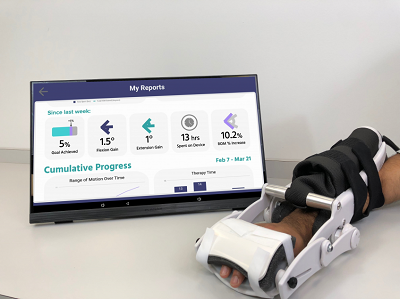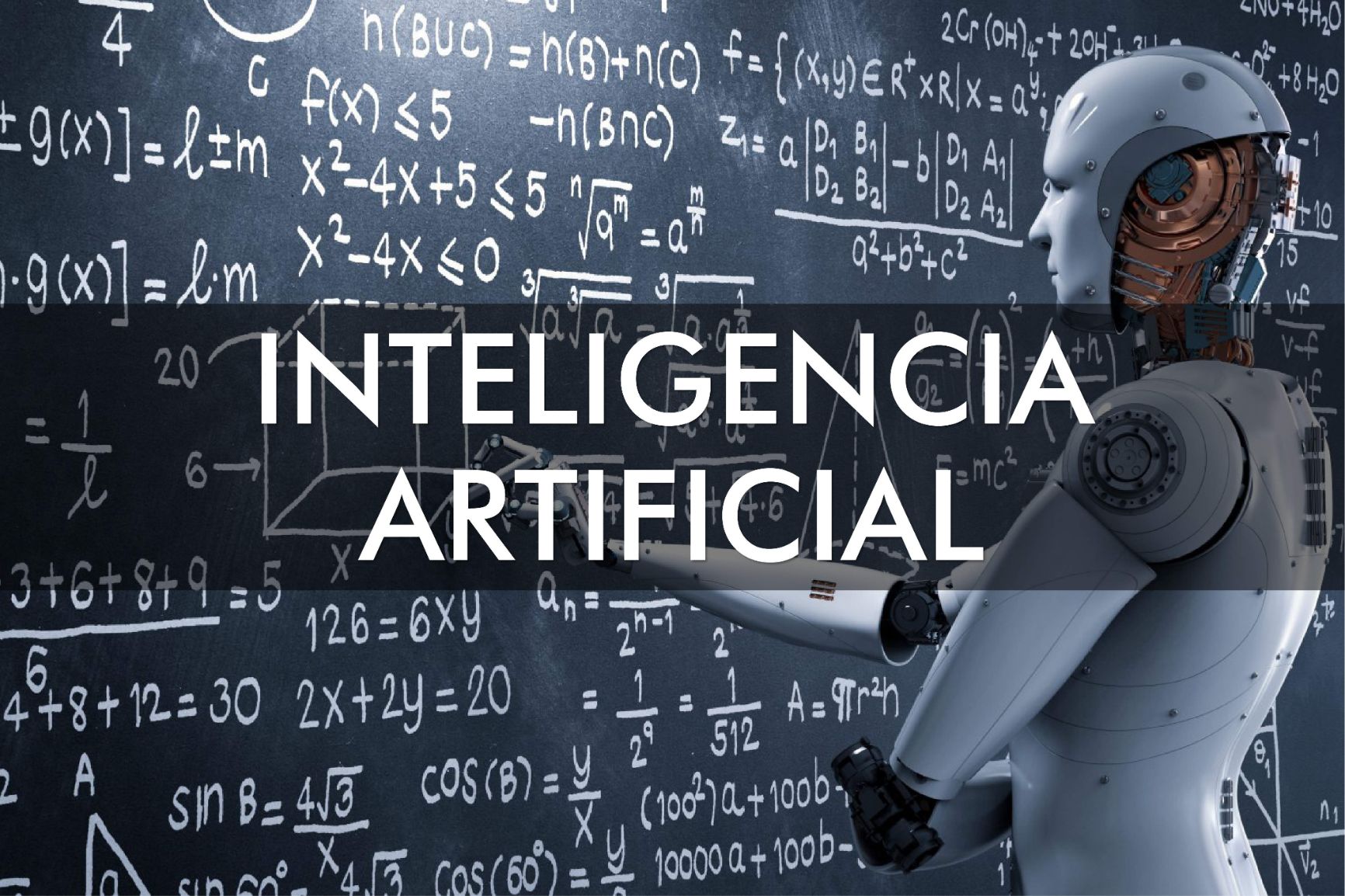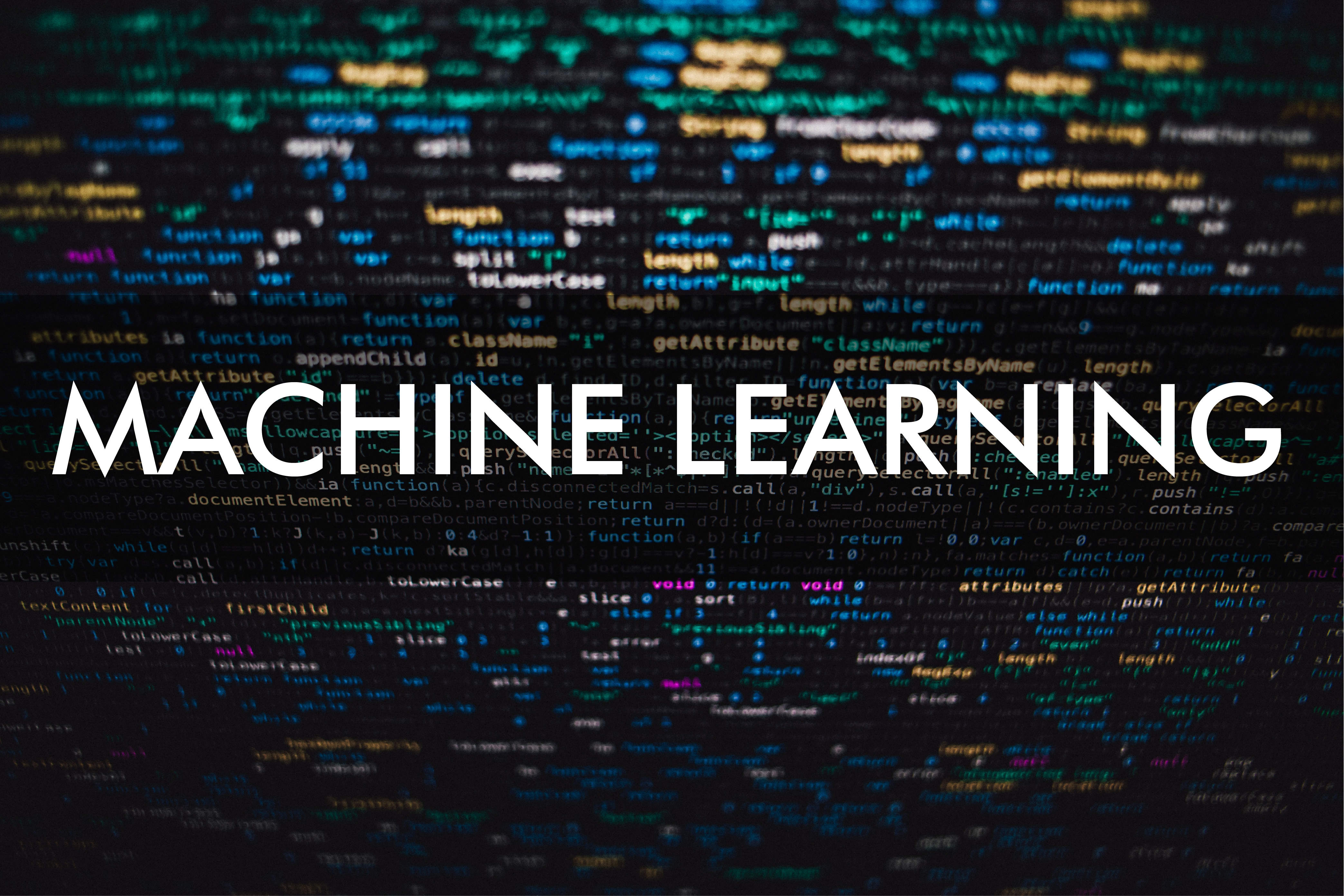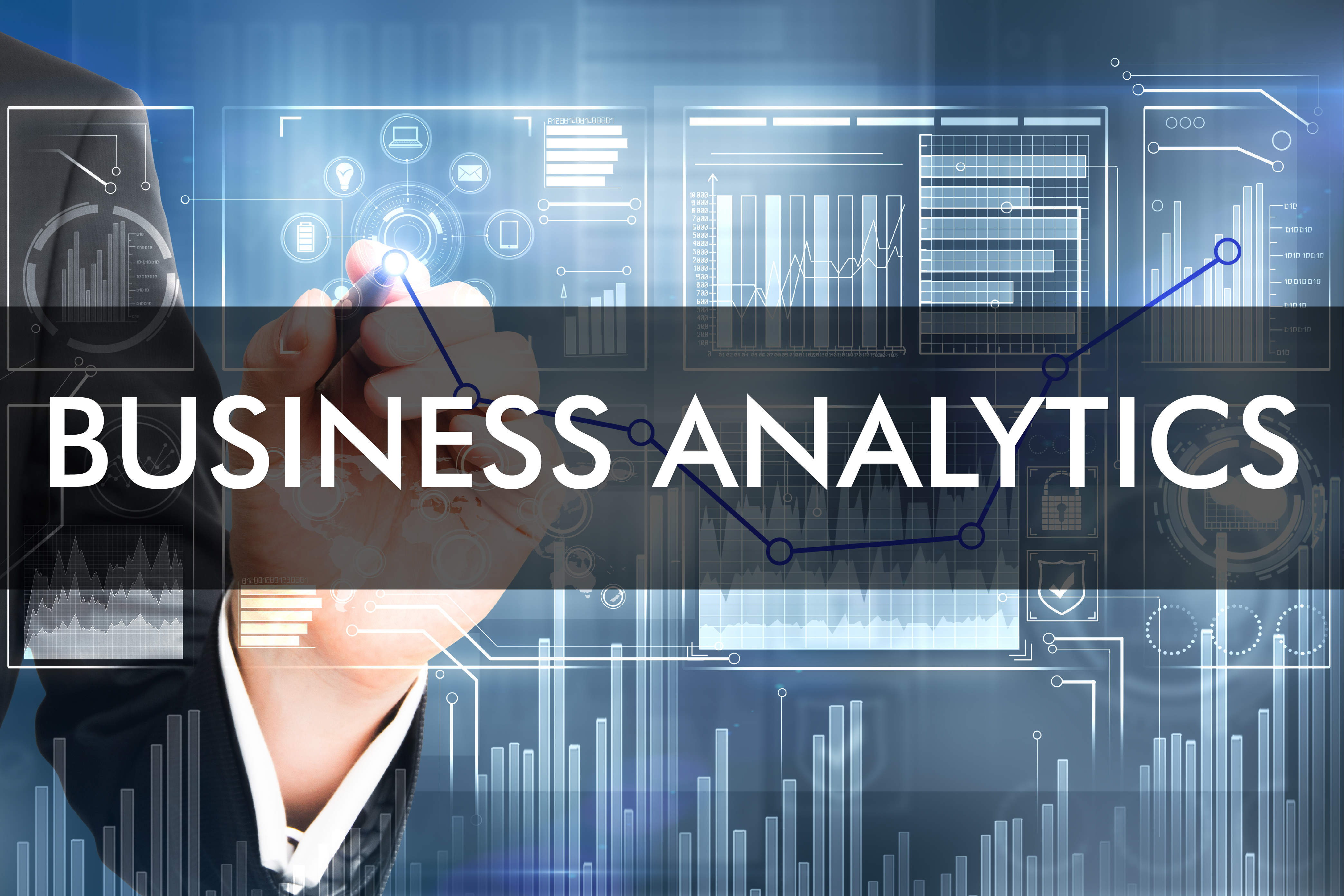Artificial Intelligence in Medicine, just what the doctor ordered
On January 23, 2006, I suffered a stroke. That morning I waked up blind in the left half of the visual field and devoid of sense of balance. My wife, with the strength I have always admired, controlled the situation and within minutes I was transported to a hospital. The medical internist immediately diagnosed the situation and, together with the neurologist, prescribed a treatment with medications. Since I did not remember the time when the symptoms began, a catheterization was ruled out to try to undo the clot. At 48hours, Miraculously I began to regain my sight and balance and, a week later, I was discharged without serious sequelae, only a blind spot in the upper left corner of the visual field and some vulnerability to dizziness.
In tests my total cholesterol level was not particularly high at the time of the vascular accident (about 220). However, because of some genetic issue my body does not produce or retain enough high-density lipoproteins, good cholesterol, making it easier for cholesterol to build up in the arteries. Therefore, in addition to maintaining an adequate diet and exercise regimen, I must take medications and supplements to raise good cholesterol.
This experience made me closely appreciate the diversity and complexity of the activities related to medicine and healthcare. From the diagnosis of the condition, the application of appropriate treatment and, where appropriate, rehabilitation, to prevention and public health issues, through the research of new treatments and medicines. All this without counting the vital role that the empathy and solidarity of doctors, nurses and other medical personnel, play to give guidance, trust and comfort to patients and relatives.

The advances of medicine, as well as a greater coverage and easier access to it, always results in a better quality and higher expectancy of life. Because of that, in this time of upsurge of Artificial Intelligence (AI), the application of its techniques and algorithms in areas linked to healthcare is one of the most important fields of research. These efforts begin to give interesting results, which stand out not only for their benefits, but because, in some cases, their disruptive effect has social and ethical implications that need to be analyzed. Here's a sample of them.
Diagnostics. The use of AI for diagnosis has a long history, which had its peak in the 80s of the XX century, with expert systems that answered questions by consulting knowledge databases. In recent years, neural networks have achieved a high degree of accuracy in the recognition of medical images, matching the human level in some cases. However, responsibility for a system error must be analyzed, as well as the possibility that the ease of obtaining high-precision diagnostics might lead to overdiagnosis, causing excessive attention to conditions that would not have evolved to become a significant health risk.
Treatment. In March 2020 will begin, for the first time in history, the clinical tests in humans of a drug developed with AI support. Machine Learning (ML) algorithms were used to identify the best chemical structure to target a specific receptor in the brain linked to obsessive-compulsive disorder. This reduced the number of compounds to be tested, reducing development time from 4.5 years to 1. If successful, this could change the way pharmaceutical industry research and development operates.
Rehabilitation. One area where advances are especially important for quality of life is the mitigation of the aftermath of a suffering. Therefore, projects such as the device to support neurological rehabilitation, which controls endurance and results with AI, or research to use neural networks in the automatic evaluation of the quality of physical therapy exercises are encouraging. Improving the chances of recovery after a disabling condition not only mitigates the terrible consequences for the patient and his family, but also reduces the social and economic impact.

Image originally published here
Prevention. The use and capacity of wearable devices and cell phone apps for monitoring physical activity and vital signs has increased in recent years. Not only can they follow more variables, such as the level of oxygenation of the blood, but ML algorithms allow to detect and report anomalies such as arrhythmias. Similarly, home monitoring systems make it possible to remotely monitor the situation of people requiring care, while algorithms are being designed for cameras and sensors to detect falls and other risk situations.
Investigation. The wide range of AI and ML tools is being used in support of medical research. The analysis of published papers with natural language processing, the design of experiments and clinical trials with ML algorithms, as well as reinforced learning and robotics for the design of prosthetics and equipment for are some of the areas where medical research is expanding its scope and accelerating its times. However, just as the potential benefit increases, so does the discussion about the ethical limits of research.
Public health. The coronavirus outbreak that began in January 2020 in China is the first global health emergency that uses AI and ML tools to support its monitoring and control. Similarly, there are various efforts to monitor with these tools the dispersion of infectious agents such as mosquitoes. Finally, there are multiple projects to build clinical information systems that facilitate medical research with AI tools, as well as public health policy formulation. However, the balance between the individual right to privacy and the public interest in health must be found.
Humanity still faces huge losses due to illnesses, both due to conditions associated with the material conditions of life, as well as suffering related to the customs and practices of life. Fortunately, advances in the application of AI and ML tools in medicine and healthcare have begun to change the landscape for the better. In this context, the role of medical personnel will always be of paramount importance, not only for their ability and flexibility to enter into a technological field, but for the empathy and dedication of their vocation, which I am sure contribute in an important way to the recovery of any patient.
Did you enjoy this post? Read another of our posts here.



